| The morning started with a meeting at European Climate Foundation (ECF) with Ms. Laurence Tubiana. In addition to being President of ECF, Ms. Tubiana is also a member of France’s High Climate Council and Chairperson of the French Development Agency in addition to having been ambassador in charge of COP21 and a key architect of the Paris Climate Agreement. Think of her a bit like “M” from James Bond – A classy, intelligent woman with glowing white hair that had me girl-crushing as soon as she curled up on her grey sofa talking climate policy. |
| I was thrilled when I found out I was being granted 45 minutes with President Fabius in the gilded offices of the Constitutional Council. Even more so when we lost track of time and ended up chatting comfortably for an hour and a half instead! I’ve met a few major politicians in my life, and I’m used to them being distant and sometimes a bit patronising in my company, so I was completely disarmed when President Fabius was neither of those. Instead, I met a man who seemed to want to pass on everything he knew about international climate negotiations so that I could go on to create better impact in my work too. He was humble and passionate, sometimes impatient about the slow pace of progress on climate yet still hopeful. |
| After meetings with over 50 people in five days, I enjoyed my final debrief with the Ministry of European and Foreign Affairs over a Champagne Bellini in Café de Flore, made famous as the inspirational venue for philosophers like Jean-Paul Sartre. My two guides spent most of the meeting re-scheduling transport and hotels as my Saturday ferry was cancelled due to bad weather. I’m delayed in Paris for another night. On one hand, this is the unfortunate cost of travel by sea. On the other, I’m quite happy to have a day to explore this magical city. It gives me a chance to see my favorite museum (Musee D’Orsay), having not been there since my late father first introduced me to it 20 years ago. |
| I’m particularly grateful to the French Embassy in Ireland for suggesting me to the Ministry of European and Foreign Affairs as a candidate for their remarkable “Future Leaders Invitation Programme” and to my hosts for the week -Pierre and George. The French are known for their sophistication, and these were two of the classiest I've ever had the pleasure of getting to know, leaving no stone unturned in making me feel welcome and comfortable for my entire stay (while also making me laugh a lot in the process!). I hope this is just the beginning of collaboration and friendship with the people I met this week. |
| Until now, I hadn’t blogged in over two years, but in the words of Jean-Paul Sarte, “For an occurrence to become an adventure, it is necessary and sufficient for one to recount it.” Thank you all for helping this occurrence become a true adventure (of the mind and of my taste buds). Keep fighting the good fight. All going well on the high seas, I’ll be back in Ireland to fight it with you once again by Monday morning! - Cara |

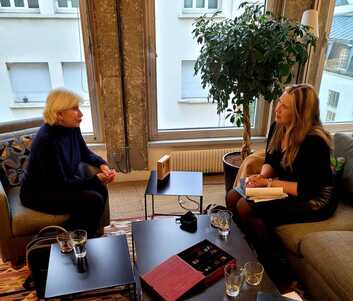
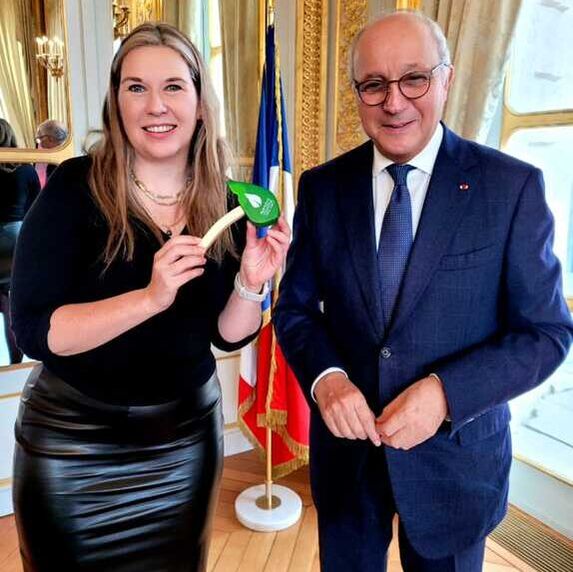

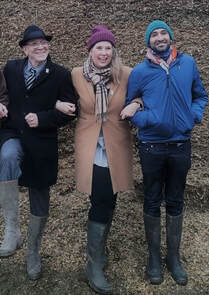

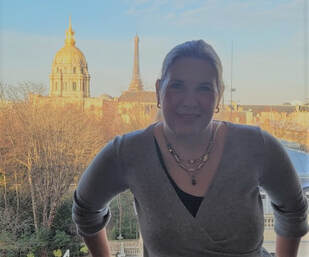
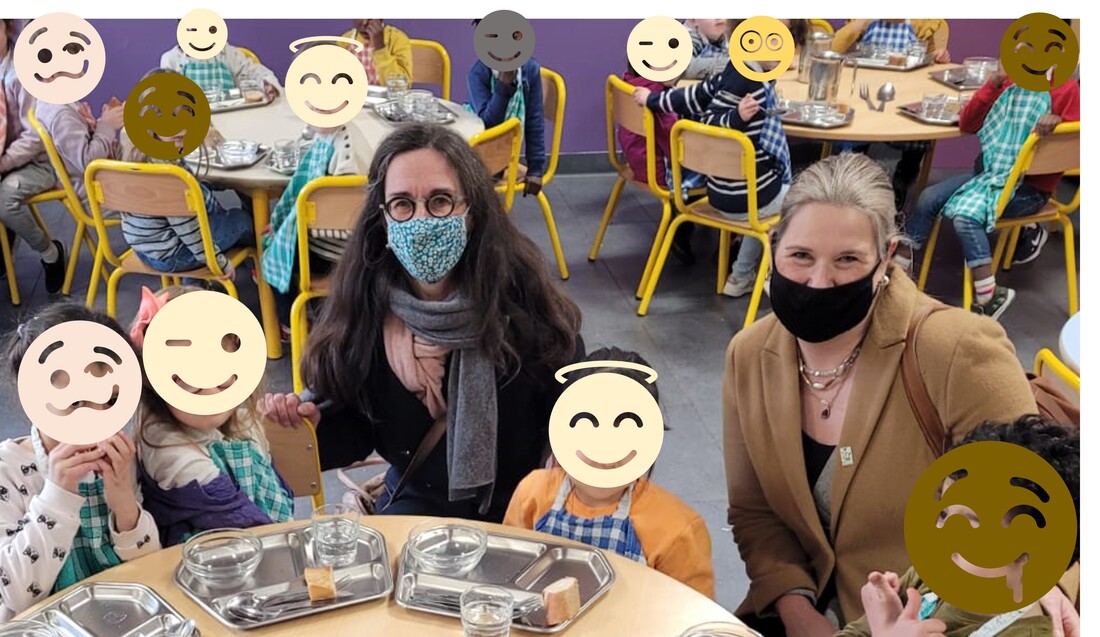
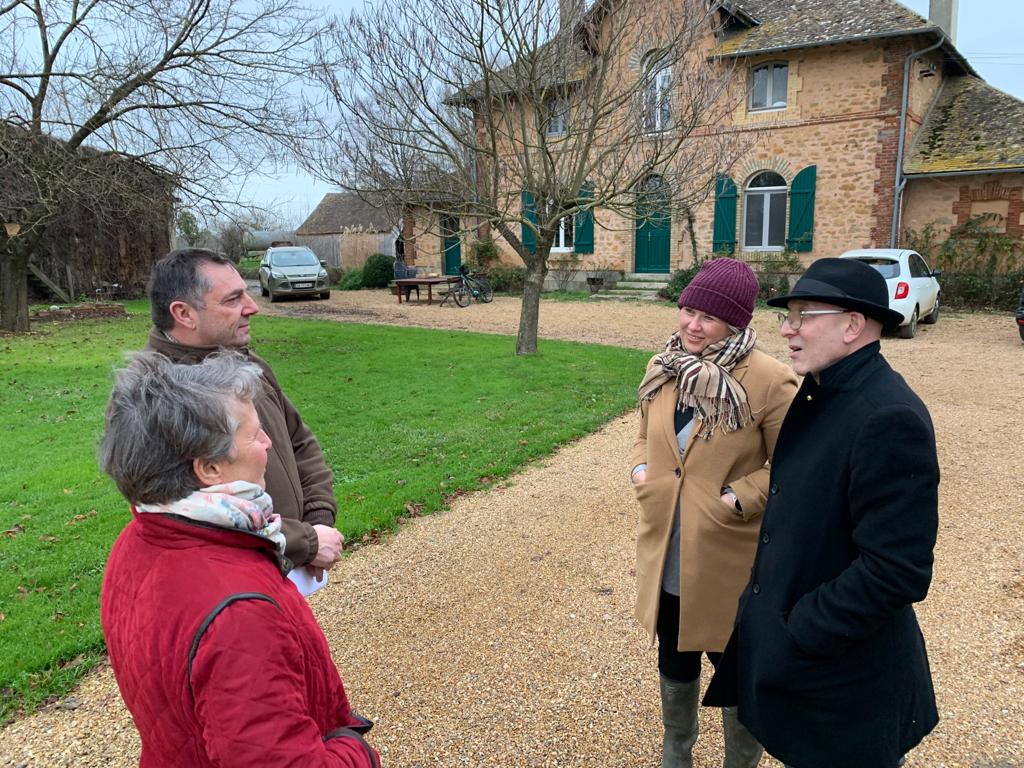
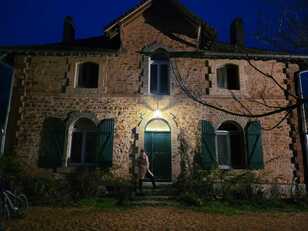
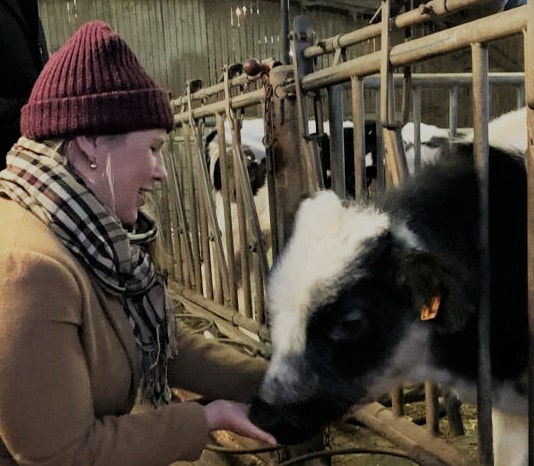
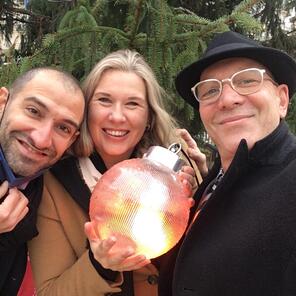
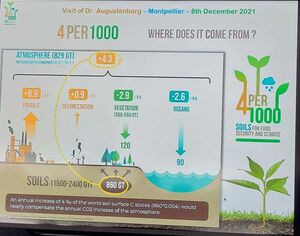
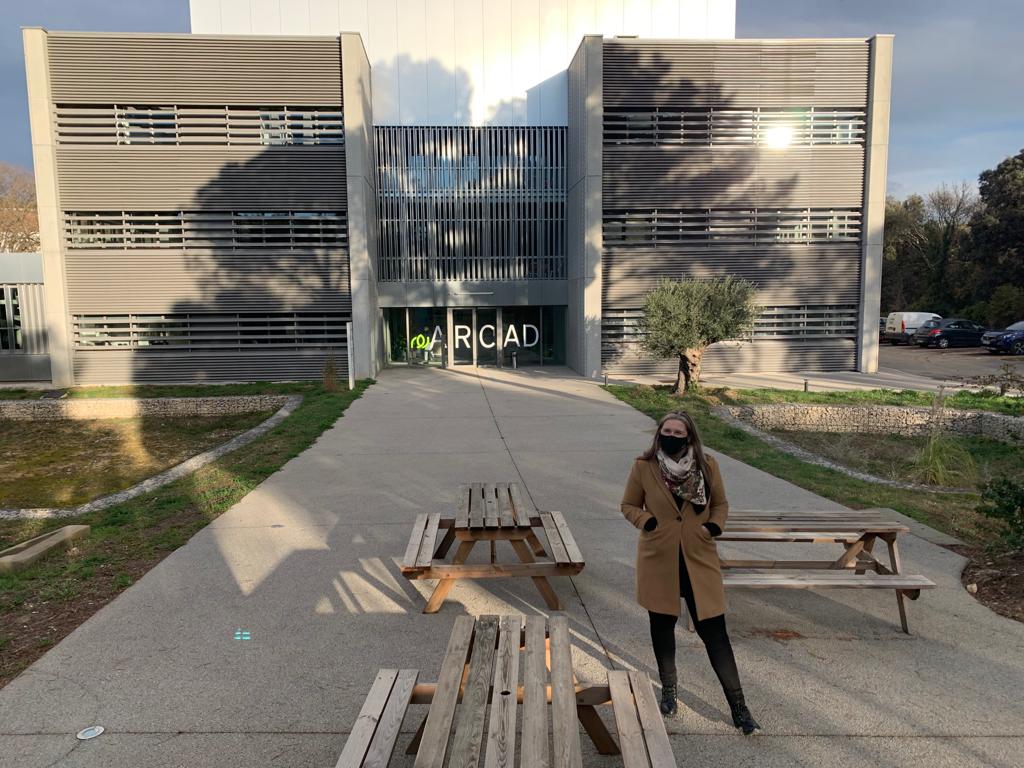

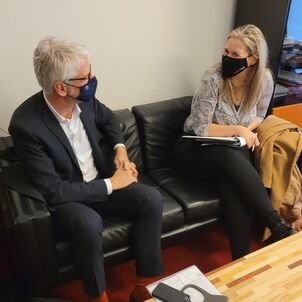
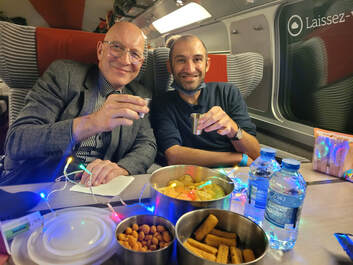
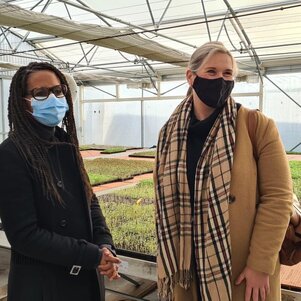

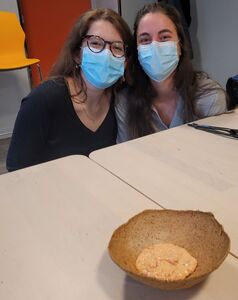
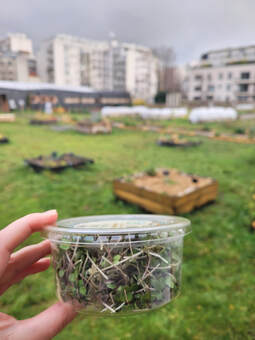



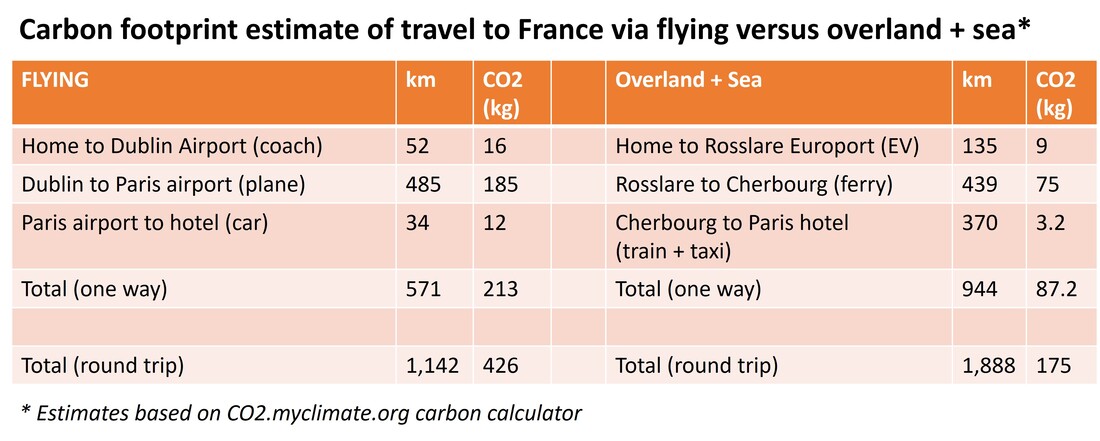
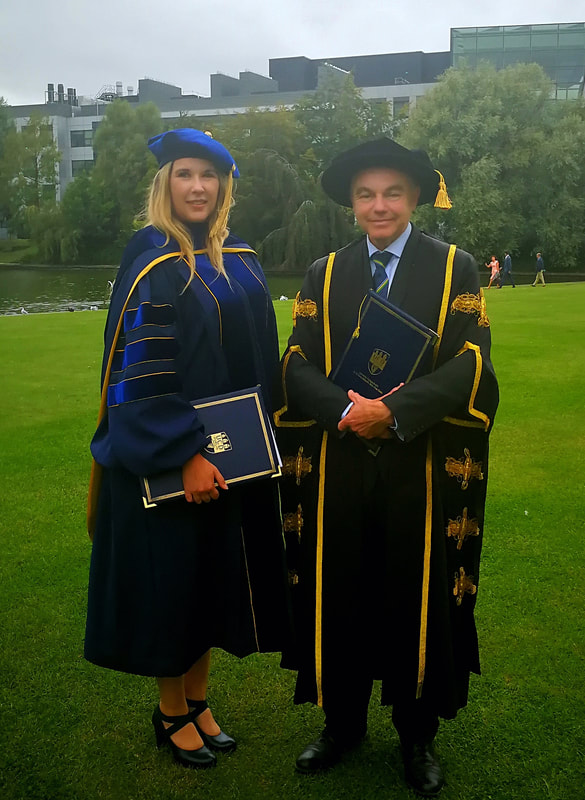
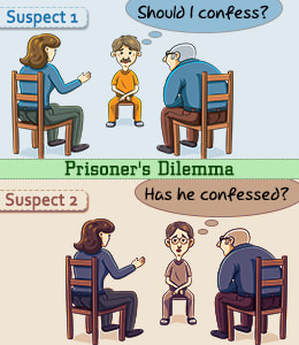
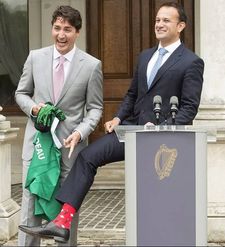


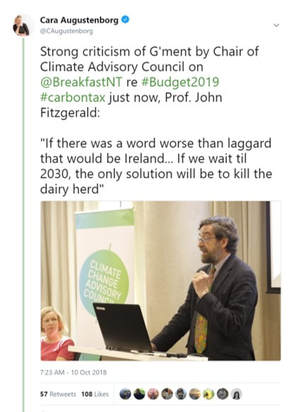
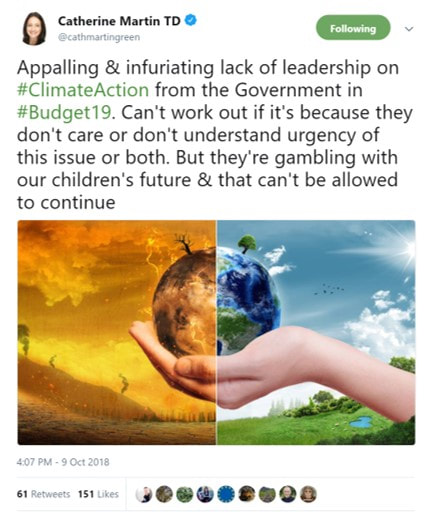
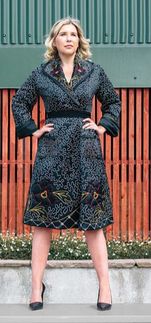
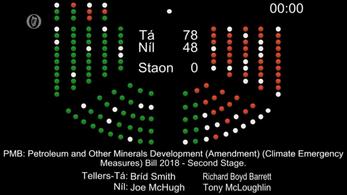
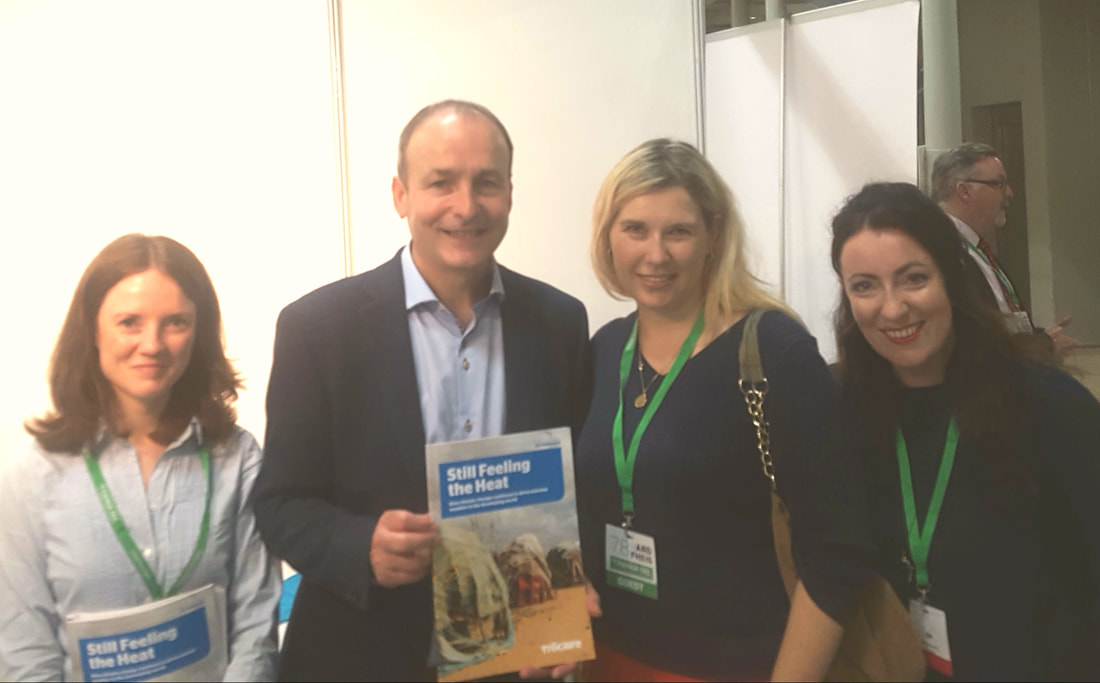
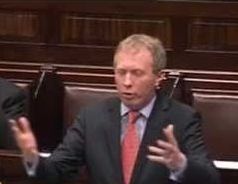
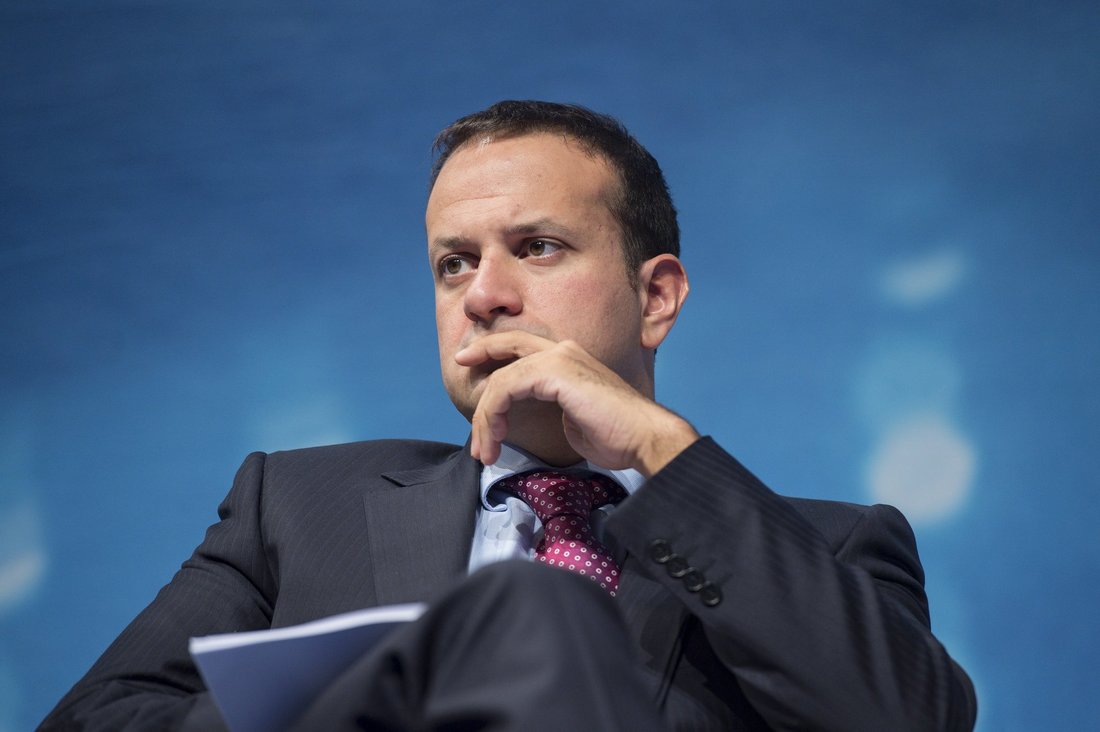
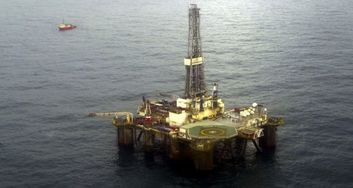
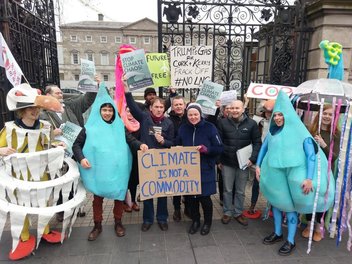


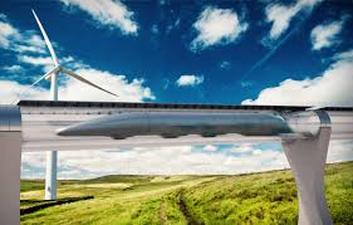
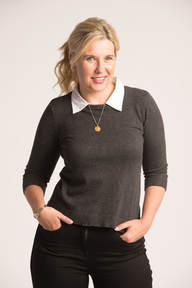
 RSS Feed
RSS Feed